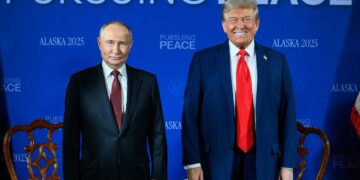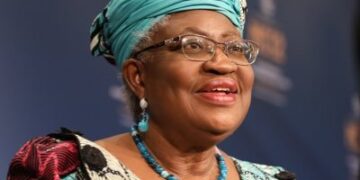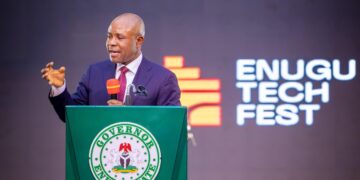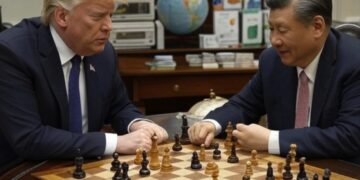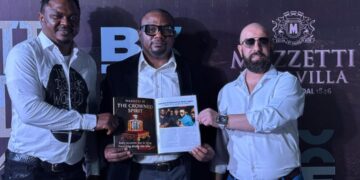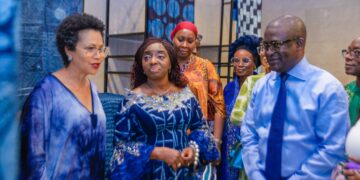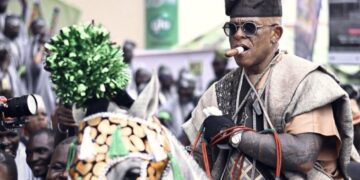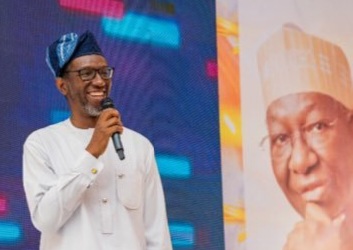In a powerful and poignant open letter, Ose Anenih, son of the late Chief Tony Anenih, former National Chairman of the Social Democratic Party (SDP), has issued a compelling rebuttal to what he describes as a misrepresentation of his father’s role in the historic June 12, 1993, presidential election saga. Addressed to Bayo, a spokesperson from “the Presidency,” Anenih’s letter is both a defense of his father’s legacy and a call for historical accuracy, grounded in firsthand accounts and documented evidence.
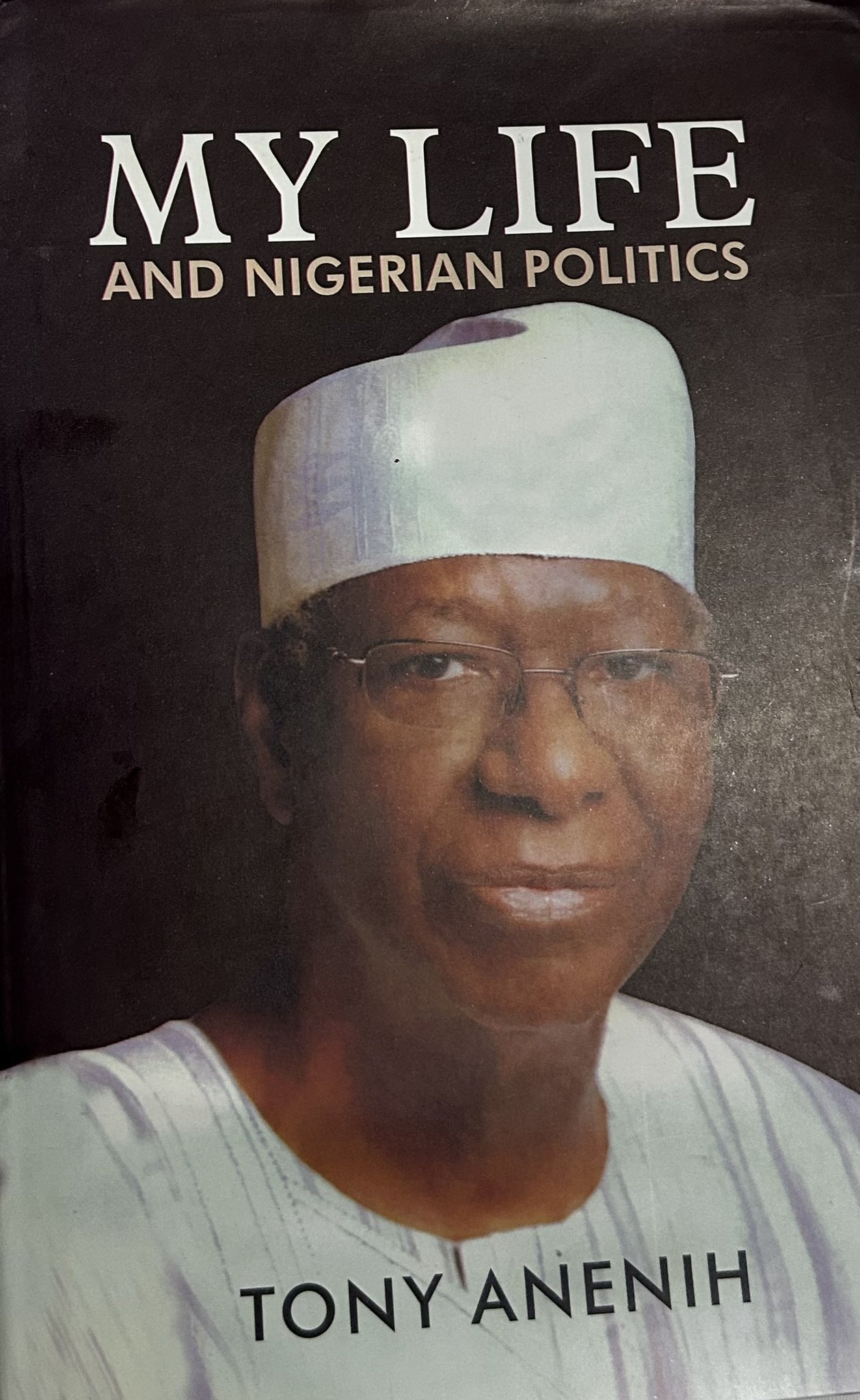
The controversy stems from claims that Chief Tony Anenih was complicit in undermining the June 12 mandate of Chief Moshood Abiola (MKO), the presumed winner of the annulled election. Ose Anenih categorically dismisses these allegations as “untrue,” accusing the Presidency of using “uncouth language” to tarnish his father’s reputation. Rising above the emotional provocation, he offers a detailed recounting of events, drawing from personal conversations with his father and insights from Chief Anenih’s memoir, My Life and Nigerian Politics.
Anenih paints a vivid picture of the turbulent period following the annulment of the June 12 election by General Ibrahim Babangida’s regime. He recounts how Abiola, after initially fleeing the country, returned to Nigeria and visited Chief Anenih in Benin City. Far from being complicit, Anenih confronted Abiola, accusing him of abandoning the SDP and its supporters who risked their lives defending his mandate. Abiola’s cryptic response—“A bird does not tell his friends that the stone is coming”—underscored the tension between the two men.
Further, Ose Anenih reveals his father’s warnings to Abiola about the dangers of aligning with General Sani Abacha, whose military coup later dismantled the Interim National Government (ING) negotiated by the SDP and the National Republican Convention (NRC). Abiola, Anenih notes, dismissed these concerns, likening the ING to a “road trip” and Abacha’s coup to a “private jet.” History would prove Chief Anenih’s caution prescient, as Abiola’s trust in Abacha led to his eventual downfall.
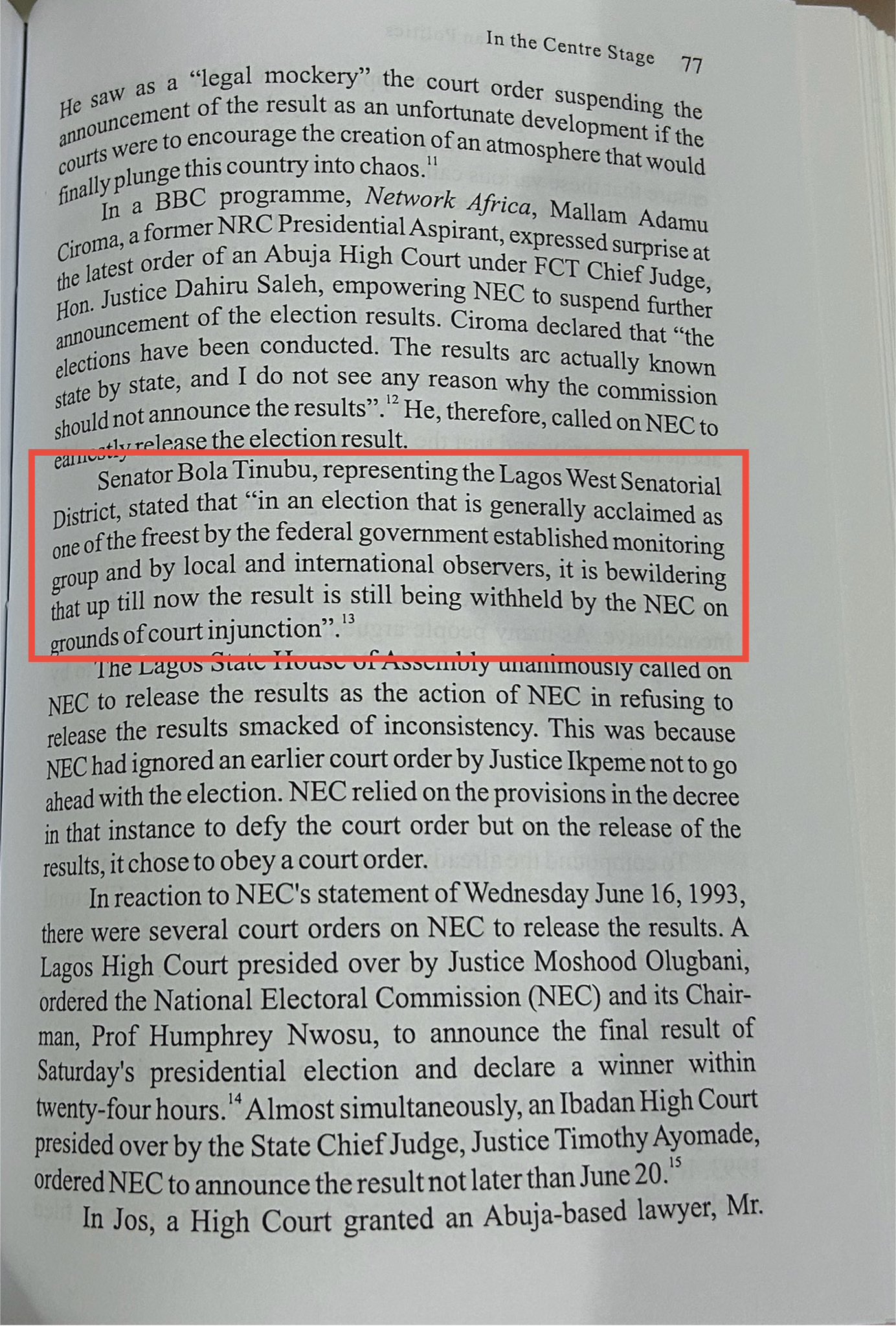
Addressing claims of animosity between his father and President Bola Tinubu, Anenih clarifies that no such rift existed. He notes that Chief Anenih acknowledged Tinubu’s early opposition to the delay in announcing the June 12 results in his 260-page memoir, but questions the narrative that portrays Tinubu’s subsequent actions as wholly honorable, particularly his early visit to Abacha post-coup.
Anenih emphasizes that many key players from that era, including General Babangida, General Abdulsalami Abubakar, and MKO’s son Kola Abiola, are still alive and can corroborate the truth. He also expresses dismay that the Presidency would perpetuate what he calls a “lie” issued in the name of Nigeria’s President, lamenting the toxicity that he had hoped ended with the previous administration.
In a gesture of goodwill, Anenih offers to send a copy of his father’s memoir to Bayo, hoping to prevent future “ahistorical misadventures.” However, he questions the relevance of revisiting a 30-year-old saga when pressing issues, such as recent suicide bombings in Kano and Borno, demand attention. “I truly wish you had used your pen today to issue condolences to the victims,” he writes, striking a note of moral urgency.
Ose Anenih’s letter is more than a defense of his father—it is a clarion call for truth, accountability, and a focus on Nigeria’s present challenges. As stakeholders reflect on this chapter of history, his words serve as a reminder that the past must inform, not distract from, the nation’s path forward.
Love and Light: A Son’s Plea for Truth
Ose Anenih’s heartfelt sign-off, “Love and light,” encapsulates his approach—firm yet gracious, resolute yet hopeful. His letter is a testament to the enduring power of truth and the importance of preserving the legacies of those who shaped Nigeria’s democratic journey. For stakeholders, it is a timely reminder to prioritize unity and progress over divisive historical debates.






